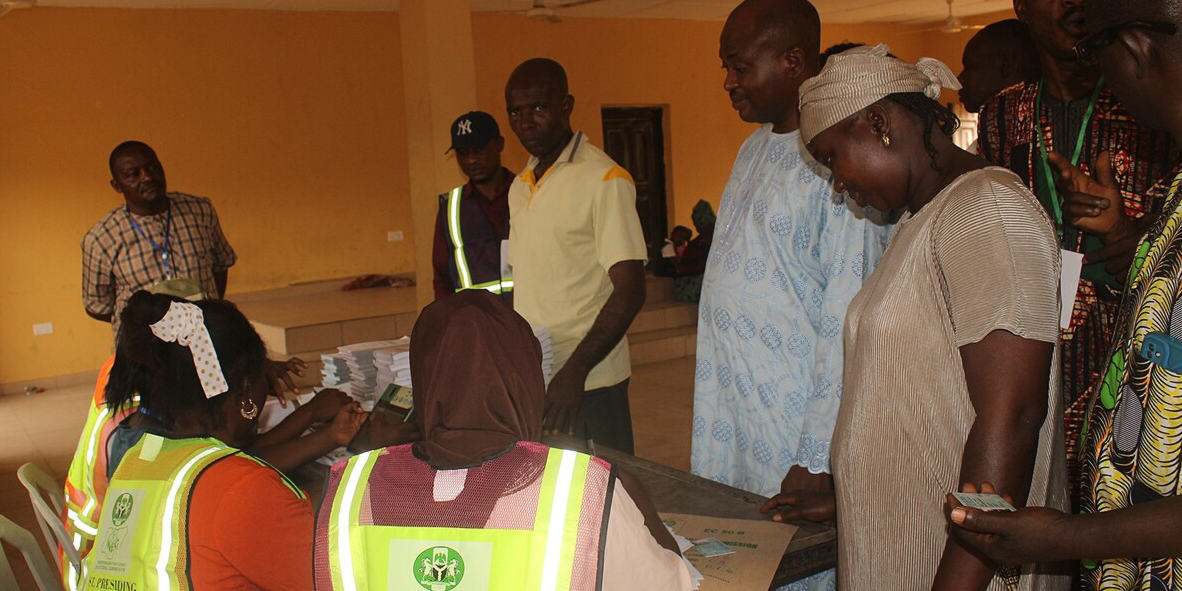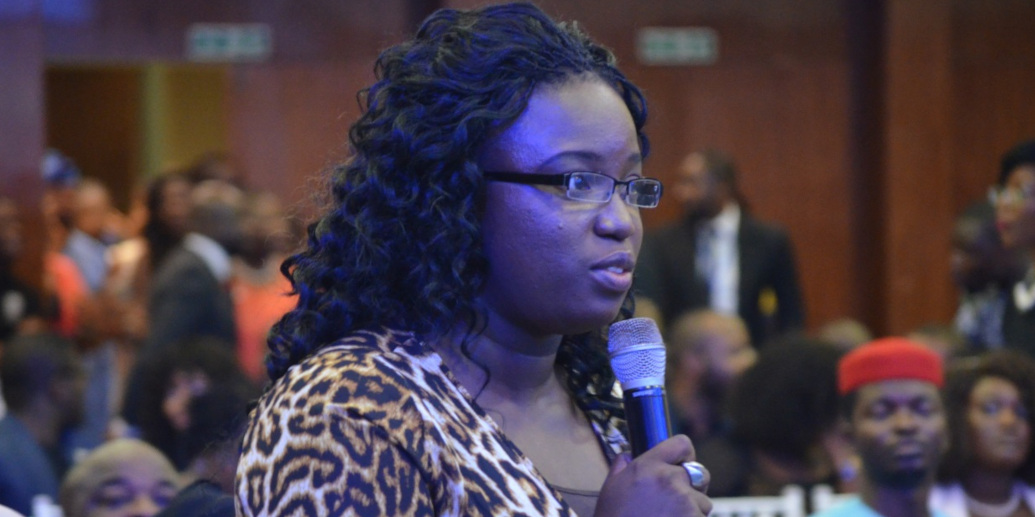Nigeria’s journey to democracy and democratic consolidation is relatively young but its leaders are definitely not. Since the end of military rule and the establishment of the Fourth Republic in 1999, presidential candidates in Nigerian elections have been dominated by men usually well into their seventh decade of life. The 2023 elections were no exception – contested by the All Progressives Congress’s (APC) Bola Tinubu born in 1952, the Peoples’ Democratic Party’s Atiku Abubakar born in 1946, and the Labour Party’s comparatively youthful Peter Obi, born in 1961.
This year’s vote shared several other familiarities with Nigerian elections since 1999. Fears of political instability were widespread, with sporadic violence in the run-up to the vote on 25 February 2023. Amid the most hotly contested election of the democratic era, reports of ballot-box snatching, underage voting, and voter intimidation were commonplace. Although legal challenges are yet to be concluded, Bola Tinubu looks set to be confirmed as the next president of Nigeria on 29 May 2023, claiming 37 per cent of the vote to Abubakar’s 29 per cent and Obi’s 25 per cent.
Voter disenfranchisement
With more than 70 per cent of registered voters under the age of 50 for the first time, the election received significant attention. In practice, high levels of voter registration did not result in high turnout – the 25.7 per cent turnout is the lowest since Nigeria returned to democracy. Undoubtedly, high levels of voter intimidation, violence and dire economic circumstances (not least because of the ongoing currency swap) all played a part. Yet, while the energy of Nigeria’s youth movement may not have translated into electoral success for this demographic, it has left a mark on Nigerian politics.
Undoubtedly youth engagement with the election was motivated by their lack of prospects and wider concerns over the direction of the economy. Today, sixty-three per cent of Nigeria’s 220 million population are multidimensionally poor (in absolute terms, the largest poor population in the world outside of India). In January 2023, inflation reached 21.8 percent. According to a recent report, one in every five unemployed youth has been without work for more than five years, as well as facing widespread insecurity, cash and fuel scarcities.
The gross failure and inability of President Buhari, in power as a member of the APC since 2015, to bring about positive change created a sense of urgency to end the kleptocratic and geriatric politics of successive governments. The Peoples’ Democratic Party (PDP) formed during the democratic transition in 1998, failed to deliver good governance while in office between 1999 and 2015 and the APC have continued this trend. There has been minimal progress against widely established human development indexes, for instance. The emptying of the Nigerian treasury which began under the PDP also continued throughout the eight-year administration of Muhammadu Buhari.

A polling station in Badagry, Nigeria in February 2023
Given these failures, the Labour Party gained popularity in the 2023 election with the rise of the OBIdient movement. Peter Obi, LP’s flagbearer was seen as a true representation of a new Nigeria and a credible force to incumbent, conservative forces within Nigeria’s political institutions. Obi campaigned on the slogan ‘I no dey give shi-shi’, meaning, ‘I would not offer even the least amount of money to anyone.’ His clean record, in addition to his frugal attitude and message about cutting the cost of governance, was a huge attraction. Obi’s credentials stood in stark contrast to the eventual winner, Mr. Tinubu.
In 1992, the US government accused Tinubu of laundering proceeds from heroin trafficking where he later reached a settlement to forfeit $460,000. His sources of stupendous wealth are still being questioned, with an allegation that he is still feeding fat from the Lagos treasury. However, Tinubu mainly used his ‘positive’ record as governor of Lagos State to campaign and win supporters in the presidential election. In addition, many politicians (for example, Lagos state governors) that Tinubu ‘installed’ galvanised supporters across the country, in what many have seen a classic quid-pro-quo.
Uncertainty remains
Local and international observers (at least 229 groups monitored the election) remain far from convinced of the efficacy and legitimacy of the vote. US-based observers concluded that “logistical challenges and multiple incidents of political violence overshadowed the electoral process and impeded a substantial number of voters from participating.” Despite this, the United States and the United Kingdom have congratulated Tinubu for his victory. Opposition candidates remain defiant. Atiku claimed that the results were ‘a rape of democracy’ and Obi claimed his mandate was stolen.
Nigeria’s stability and a peaceful transition is important for wider regional politics
Despite all the controversies, Nigeria’s stability and a peaceful transition is important for wider regional politics. Nigeria is the major financier of the West African sub-regional body, the Economic Community for West African States (ECOWAS). Nigeria’s payment represents 40.4 per cent of the body’s budget and is higher than the payments made by all 12 other countries put together, except Ghana and Cote d’Ivoire. Nigeria is also among the five major contributors to the African Union. The importance of Nigeria’s oil to the major economic powers also cannot be downplayed especially as the Russia-Ukraine war rages on. Nigeria’s peaceful transition also matters at a time when democracy in the region is fragile – there have been three coups in recent years.
Ultimately, the election left Nigerians, especially the OBIdient movement, devastated and angered by a lack of transparency in the judicial process. While Nigerians await to see if a Tinubu government will bring any substantial change, the political consciousness borne from the OBIdient movement will hopefully shape Nigerian politics for years to come.










